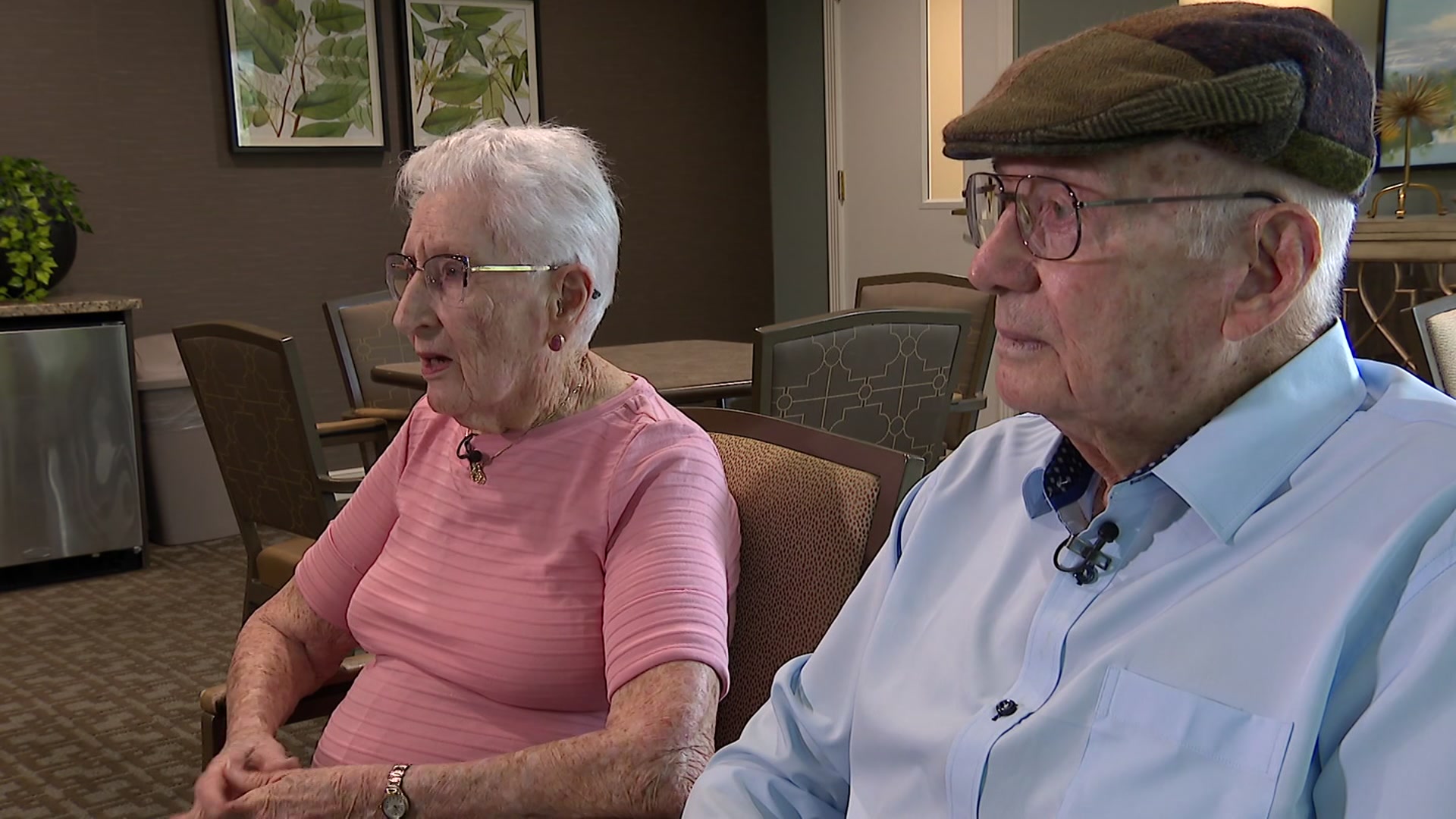A trauma surgeon who rushed to save officers shot in the 2016 ambush in Dallas is sharing the book he wrote about the attack with the world.
Dr. Brian H. Williams talked to NBC 5 Anchor Brittney Johnson the day before his book launch in Dallas, about how losing those officers changed his life and how he hopes the horrors he's witnessed in our nations hospitals will inspire life-saving policy changes
"The shooting. I think about it every day," Dr. Williams shared.
The ambush on July 7th, 2016 rocked the nation. A Black gunman targeted white officers working a peaceful protest, shooting 14 and killing five. Williams was leading the trauma team at Parkland. He broke the news of officers' deaths to families.
Get top local stories in DFW delivered to you every morning. Sign up for NBC DFW's News Headlines newsletter.
"After that, I literally fell in a quiet corner by myself. And I fell to the ground crying," he said.
The surgeon said that before that night, he hadn't cried in decades.
"The days prior, we had Philando Castile and Alton Sterling that was shot and killed by police. That year had been just a crescendo of death, and calls for racial justice and to end brutality," he added.
Local
The latest news from around North Texas.
Hesitant at first, Williams said his wife encouraged him to speak out.
"The country needs to see that there was a black doctor that night that was in charge of saving of these police officers," Williams recalled his wife saying.
His comments after the shooting catapulted him to the forefront of conversations about violence, racism and health inequities. He's now sharing his experiences from the hospital, his personal encounters with victims' families and as well as law enforcement and lessons learned as a congressional health policy fellow in his book, titled "The Bodies Keep Coming: Dispatches from a Black Trauma Surgeon on Racism, Violence and How We Heal."
"We see significant disparities in race, healthcare, inequity, healthcare injustice, that's not going to go away without us coming together to make change," he said.
Tuesday, Williams shared portions of the book in front of a crowd at the African American museum in Dallas. Members of the family of fallen officer Patrick Zamarippa sat on the front row.
More than seven years after the shooting, Williams holds on to mementos and letters received after the shooting, along with memories of those lost. He hopes that opening up about his experiences from the front lines inspires change and a safer future for his family and others. Williams hopes to spark wide-ranging discussions about health and gun policies and diversity among health providers
"It is liberating to be able to just be forthcoming about the injustices I've experienced and seen because of the race. But also, there's hope, right? We can look in the mirror, look at our scars and say, okay, here's where we come from, what are we going to do about that to promote healing." he said.



